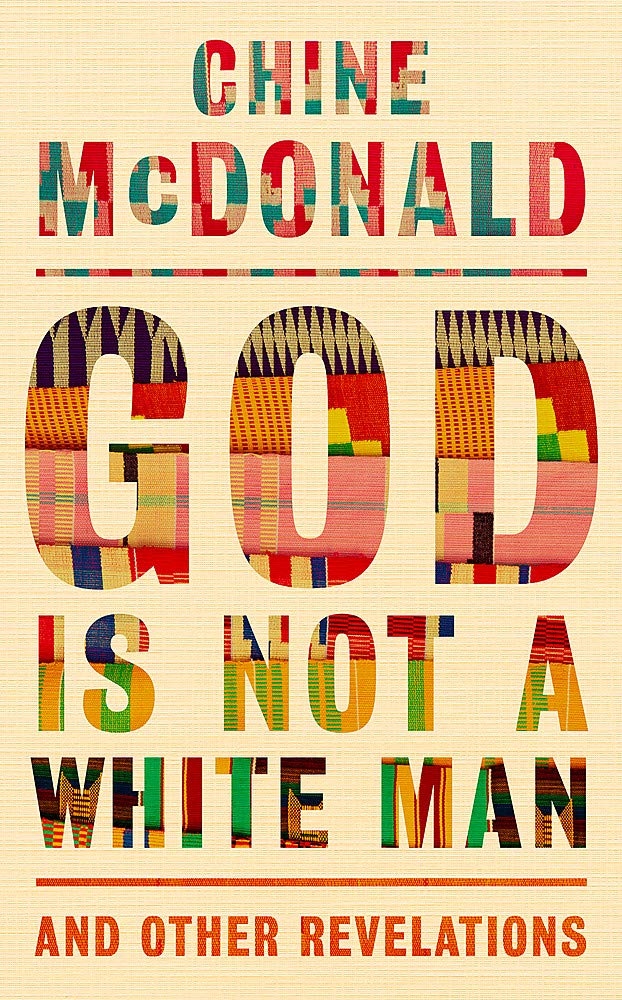God Is Not a White Man by Chine McDonald
Part memoir, part social and theological commentary, this book is both a heartfelt lament about the state of faith and race, and a rousing rallying cry for the Church to do better. It is a call that badly needs to be heeded - and acted upon
 God Is Not a White Man - and other revelations
God Is Not a White Man - and other revelations
By Chine McDonald
Hodder & Stoughton
ISBN 978 1 529 34907 8
Reviewed by John Matthews
This book, which is part memoir, part social and theological commentary, is both easy to read and difficult reading. It is easy to read because the author, who is head of public engagement at Christian Aid and a trained journalist, writes in a very lucid style. It is difficult reading because it contains many examples of racism and sexism, some quite horrific. Chine's own experiences as a black woman include a Cambridge don assuming that she did not eat chicken and potatoes at home. Just 11 of 3,000 students in her year were black. She saw no black academics and there was no discussion of Black theology on her course.
Chine has chosen to capitalise ‘Black’ when referring to those of African or Caribbean descent, as an act of respect for those who have been generations ‘in the lower-case’, and aims ‘to tell stories of the real-life and far-reaching effects of a world that has presented God as white and male’. Her conviction is that ‘the Church’s theology has been manipulated to keep whiteness superior and protect the interests of white churchgoers socially, economically and politically’. For her ‘the white church is racist’ and reluctant to change, and she quotes Dr Elizabeth Harvey, former National Advisor for Minority Ethnic Anglican Concerns, as saying that she believes there is a willingness in principle but not in practice to tackle racism.
She criticises the unfairly negative view of Africa portrayed in the charity song Do they know it’s Christmas? but commends Beyoncé’s ‘Lemonade’ album as telling the story of Black women’s oppression and leading towards liberation and a God who is with us in our suffering. She is also critical of some popular pictures of a white Jesus but commends the novel The Shack for its portrayal of the Holy Spirit as an Asian woman, Jesus as a Middle Eastern man and God the Father as ‘a curvy Black woman’.
I was surprised that she does not mention Jesus’ positive treatment of women, in sharp contrast to the patriarchal attitude of his day, which would strengthen her argument for Christians to treat women as equals.
Despite the history of sexism and racism, inside and outside the Church, Chine refuses to give up hope, and cites the establishment of the Evangelical Alliance’s One People Commission, set up to celebrate diversity and promote unity, as one positive sign.
The book is both a heartfelt lament and a rousing rallying cry. She is very clear that if things are to improve ‘we are going to need white men to play their part in dethroning the white man’s god’, and her prayer is that the stories she tells ‘will act as a clarion call that jolts us out of ignorance and apathy, so that...we might change the world...’
It is a call that badly needs to be heeded - and acted upon.
John Matthews is a retired Baptist minister living in Rushden, Northants
Baptist Times, 27/07/2021